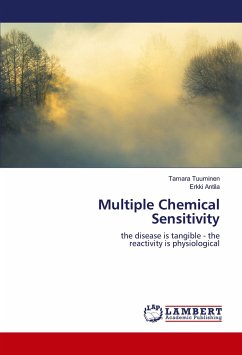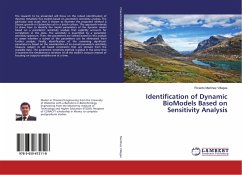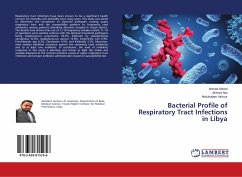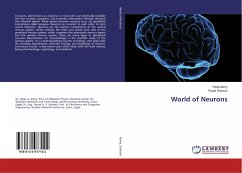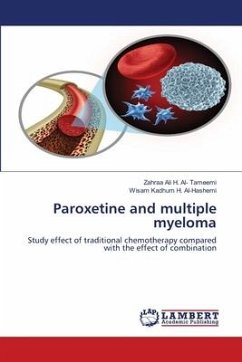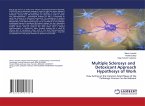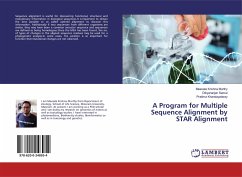Nowadays there is an increasing evidence that Multiple Chemical Sensitivity (MCS) involves dysregulation of multiple systems of the organism. The cornerstone of pathogenesis of the disease can be traced to an overwhelmed oxidative and nitrosative stress reactions, insufficient detoxification, neurogenic inflammation, disruption of the blood-brain barrier (BBB) and hypoperfusion in the capsulothalamic region. Different inflammation molecules can be potential biomarkers of the disease that could form the basis of the clinical diagnostics of MCS. When MCS is related to Dampness and Mold Hypersensitivity Syndrome, patients may experience recurrent infections but the principle problem is that MCS is a systemic chronic inflammation and hyperactivation of several sensory receptors. Our review was written for the purpose to summarize available knowledge to clarify the pathological mechanisms involved in MCS.
Bitte wählen Sie Ihr Anliegen aus.
Rechnungen
Retourenschein anfordern
Bestellstatus
Storno

